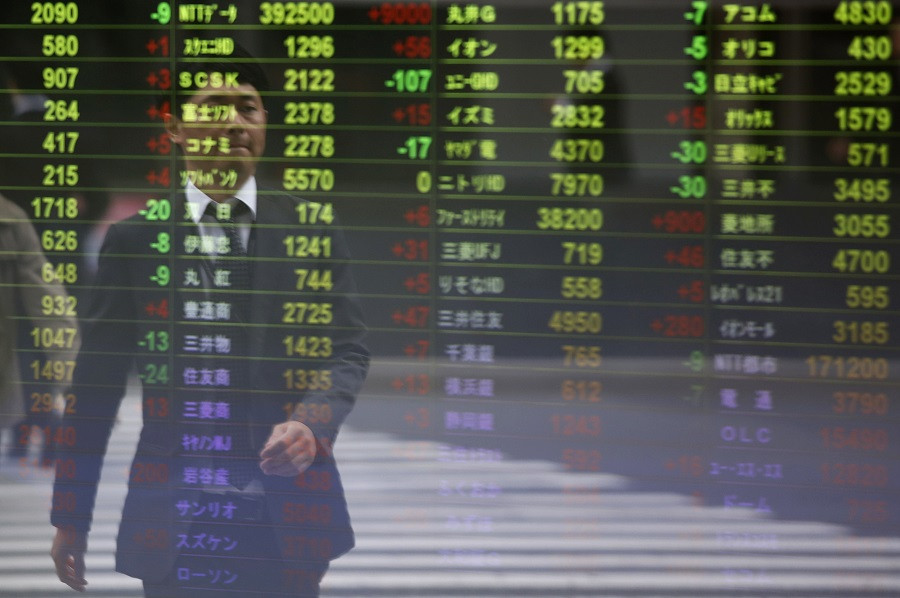
Asian stock markets continue to rise, following the US indices. Only Shanghai Composite lost 0.14%. All other regional indicators rose. Shenzhen Composite added 0.18%, Hang Seng Index of Hong Kong rose by 1.56%, Australian S&P/ASX 200 gained 0.58% and Korean KOSPI was up by 0.58%. Nikkei 225 indicator added 2.73%.
Despite global challenges, such as the ongoing conflict between Russia and Ukraine, rising inflation globally and rising energy costs, Asian indicators have so far managed to remain positive. To some extent, this is helped by a rise in US stock indicators.
Investor attention has turned to US stock exchanges. According to reports from the US Federal Reserve, the regulator plans to bring rising inflation under control. If this requires another interest rate hike, the Fed will take such measures.
Among the components of Japan's Nikkei 225 index are SoftBank Group Corp. whose securities gained 7.6%. Daiichi Sankyo Co. rose by 6.1%, and Taiyo Yuden Co. added 5,7%.
Among Chinese companies, Alibaba Group Holding, Ltd. was up 6.4% on the news that its asset buyback programme will be increased to $25 billion (from the previous mark of $15 billion). The new terms of the programme will run until March 2024.
Thanks to revenue growth in the fourth quarter last year and despite a decline in net profit, Xiaomi Corp.'s securities gained 5.1%.
An increase in the value of securities was also shown by Meituan (+4%) and Geely Automobile Holdings, Ltd. (+2,7%).
As for the components of the KOSPI indicator, LG Corp., Hyundai Motor Co., Ltd. and Kia Corp. added 1.1%, 1.2% and 1% respectively.
Among the S&P/ASX 200 components, such banking sector companies as Commonwealth Bank of Australia (+1.3%), Westpac Banking Corp. (+0.5%) and Australia & New Zealand Banking Group, Ltd. (+0,8%) showed gains.





















